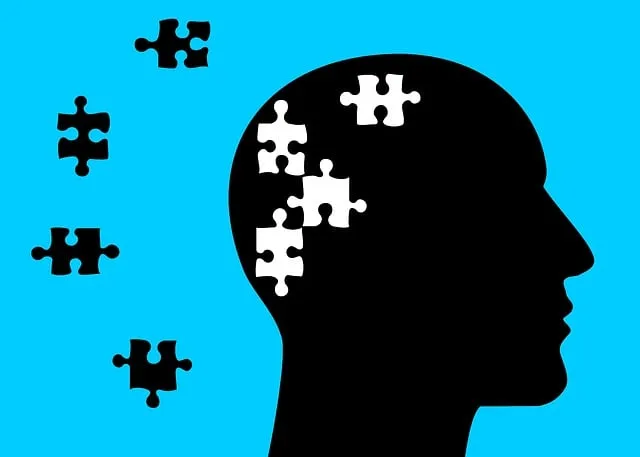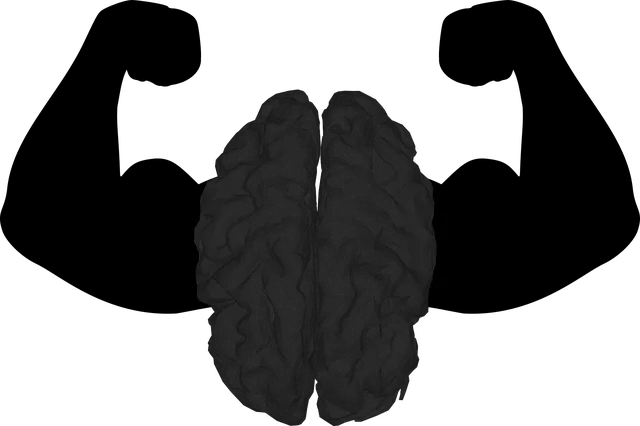The media's portrayal of mental illness significantly shapes public perception, often perpetuating harmful stereotypes that deter individuals from seeking help. Organizations like Lafayette Kaiser Permanente are advocating for authentic representations through their Mental Wellness Podcast Series, which educates audiences on recognizing symptoms, managing anxiety, and understanding emotional intelligence. To destigmatize psychiatric conditions, they offer direct access via the Lafayette Kaiser Permanente psychiatry phone number, providing expert guidance on coping mechanisms like mindfulness meditation.
In today’s media landscape, the representation of mental illness is more important than ever. Understanding how mental health is portrayed on screen can significantly impact public perception. This article delves into the current state of affairs, exploring the effects of stereotypes and misinformation while offering solutions for more accurate and empathetic portrayals. Additionally, we highlight resources like the Lafayette Kaiser Permanente psychiatry phone number, providing support and education for those seeking help.
- Understanding Mental Illness Representation in Media: The Current Landscape
- The Impact of Stereotypes and Misinformation on Public Perception
- Strategies for More Accurate and Empathetic Portrayals
- Lafayette Kaiser Permanente Psychiatry Phone Number: A Resource for Support and Education
Understanding Mental Illness Representation in Media: The Current Landscape

The way mental illness is portrayed in media significantly impacts public understanding and attitudes. Currently, media representation often relies on stereotypes, marginalizing individuals with psychiatric conditions. This perception contributes to stigma, affecting those who are struggling to seek help. Many portrayals depict extreme cases, lacking the nuanced diversity of real-life experiences. As a result, there’s a widespread need for accurate and balanced storytelling that reflects the complexity of mental health issues.
The current landscape demands a shift towards more authentic representations. Organizations like Lafayette Kaiser Permanente are at the forefront of this movement, advocating for better media portrayal. By prioritizing mental wellness in their initiatives, they aim to destigmatize psychiatric conditions. The Mental Wellness Podcast Series Production is an innovative approach, using storytelling to educate and connect with audiences. This strategy empowers individuals to recognize symptoms, seek anxiety relief, and understand the importance of emotional intelligence in managing mental health.
The Impact of Stereotypes and Misinformation on Public Perception

The representation of mental illness in media has a profound impact on shaping public perceptions and attitudes. Often, media platforms perpetuate stereotypes that contribute to the stigmatization of individuals facing psychological challenges. These stereotypes can range from portraying mental health conditions as a sign of weakness or personal failure to exaggerating certain symptoms for dramatic effect. Such misinformation not only misleads audiences but also fosters an environment where people with mental illness are further marginalised and isolated.
For instance, Lafayette Kaiser Permanente psychiatry phone number searches have likely increased due to the growing need for accessible mental health resources, potentially reflecting a growing awareness of these issues. However, if media portrayals continue to offer skewed or incomplete narratives, it could hinder those in need from seeking help. Therefore, Mental Illness Stigma Reduction Efforts must focus on balanced storytelling, promoting accurate representations, and encouraging open conversations about Stress Management and Self-Care Routine Development for Better Mental Health.
Strategies for More Accurate and Empathetic Portrayals

To foster more accurate and empathetic representations of mental illness in media, several strategies can be implemented. Firstly, involving individuals with lived experiences—both as advisors and actors—can bring authenticity to storytelling. This approach ensures that narratives reflect real-life challenges and victories, promoting a deeper understanding among audiences. Secondly, prioritizing sensitivity and accuracy in scripts and production processes is vital. Consulting with mental health professionals like those available at Lafayette Kaiser Permanente psychiatry phone number can help ensure that portrayals are informed and responsible.
Additionally, integrating practices such as Resilience Building, Burnout Prevention, and Mindfulness Meditation into media narratives can offer positive representations of coping mechanisms. By showcasing characters navigating these strategies, media can inspire viewers and dispel stigmatized notions surrounding mental health. Such approaches not only challenge stereotypes but also contribute to a more nuanced and supportive public discourse on mental illness.
Lafayette Kaiser Permanente Psychiatry Phone Number: A Resource for Support and Education

The Lafayette Kaiser Permanente Psychiatry Phone Number offers a vital resource for individuals seeking support and education regarding mental health. This initiative takes a significant step towards challenging stereotypes and misrepresentations often associated with mental illness in media. By providing direct access to psychiatric professionals, they aim to destigmatize mental health issues and offer guidance on effective coping mechanisms.
Through this phone line, individuals can connect with experts who can assist in managing various conditions, including anxiety, depression, and stress-related disorders. The integration of mindfulness meditation as a stress reduction method is encouraged, promoting mental wellness and offering practical tools to navigate life’s challenges. This innovative approach ensures that those in need have easy access to specialized care and education, fostering a more informed and supportive community.
In conclusion, mental illness representation in media has a profound impact on public perception. By challenging stereotypes and misinformation through more accurate and empathetic portrayals, we can foster greater understanding and support for those dealing with mental health issues. Resources like the Lafayette Kaiser Permanente Psychiatry Phone Number offer crucial support and education, serving as a beacon of hope and guidance in navigating this important conversation. Together, we can revolutionize media’s role in shaping public attitudes towards mental illness.






